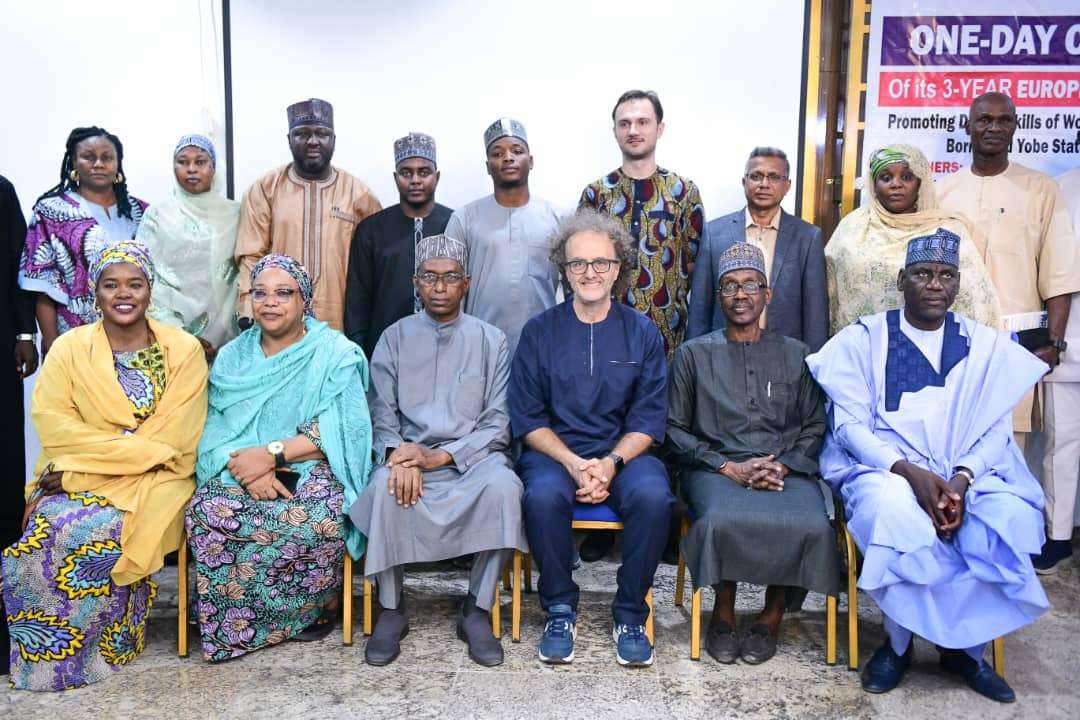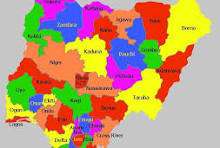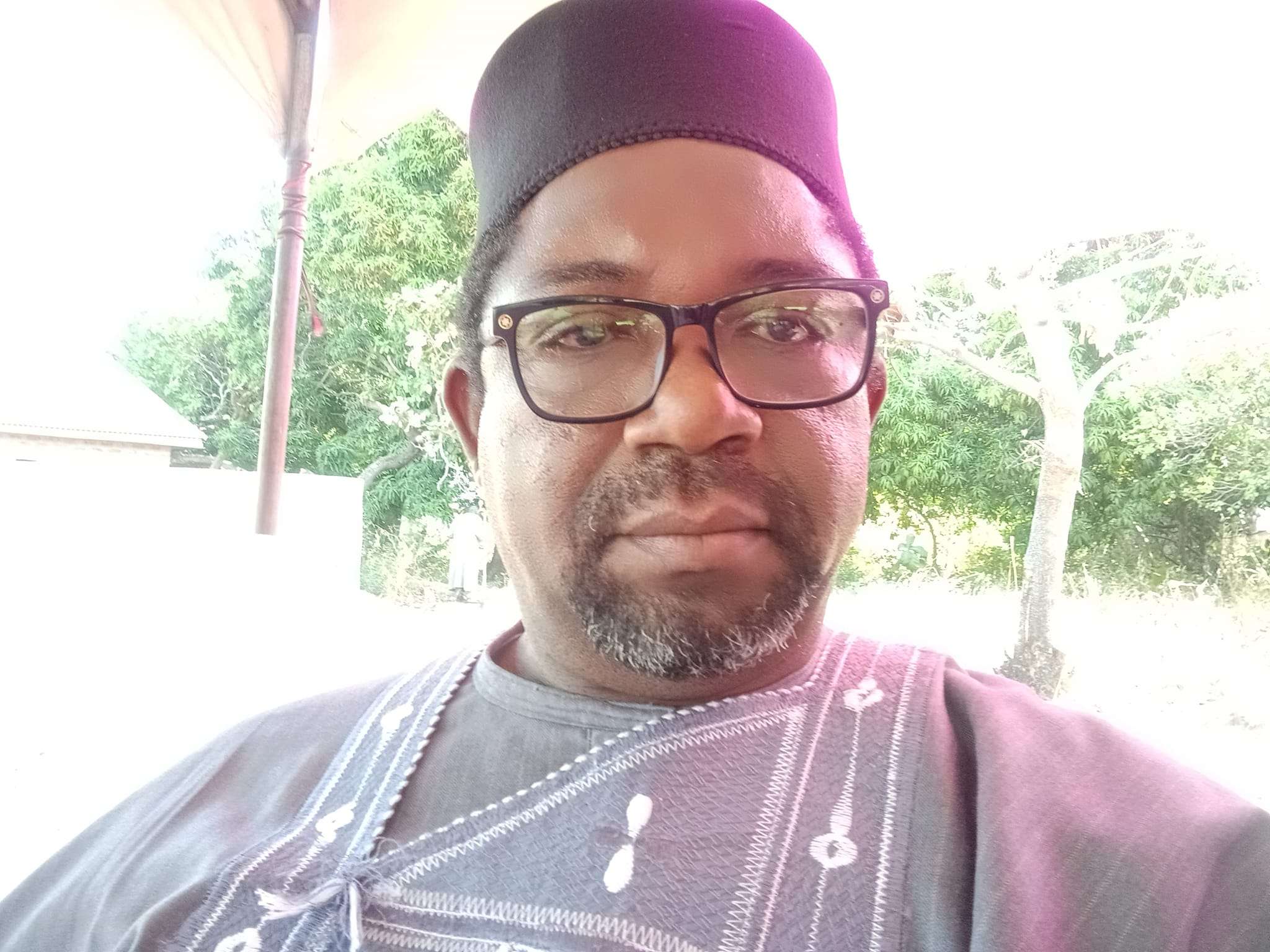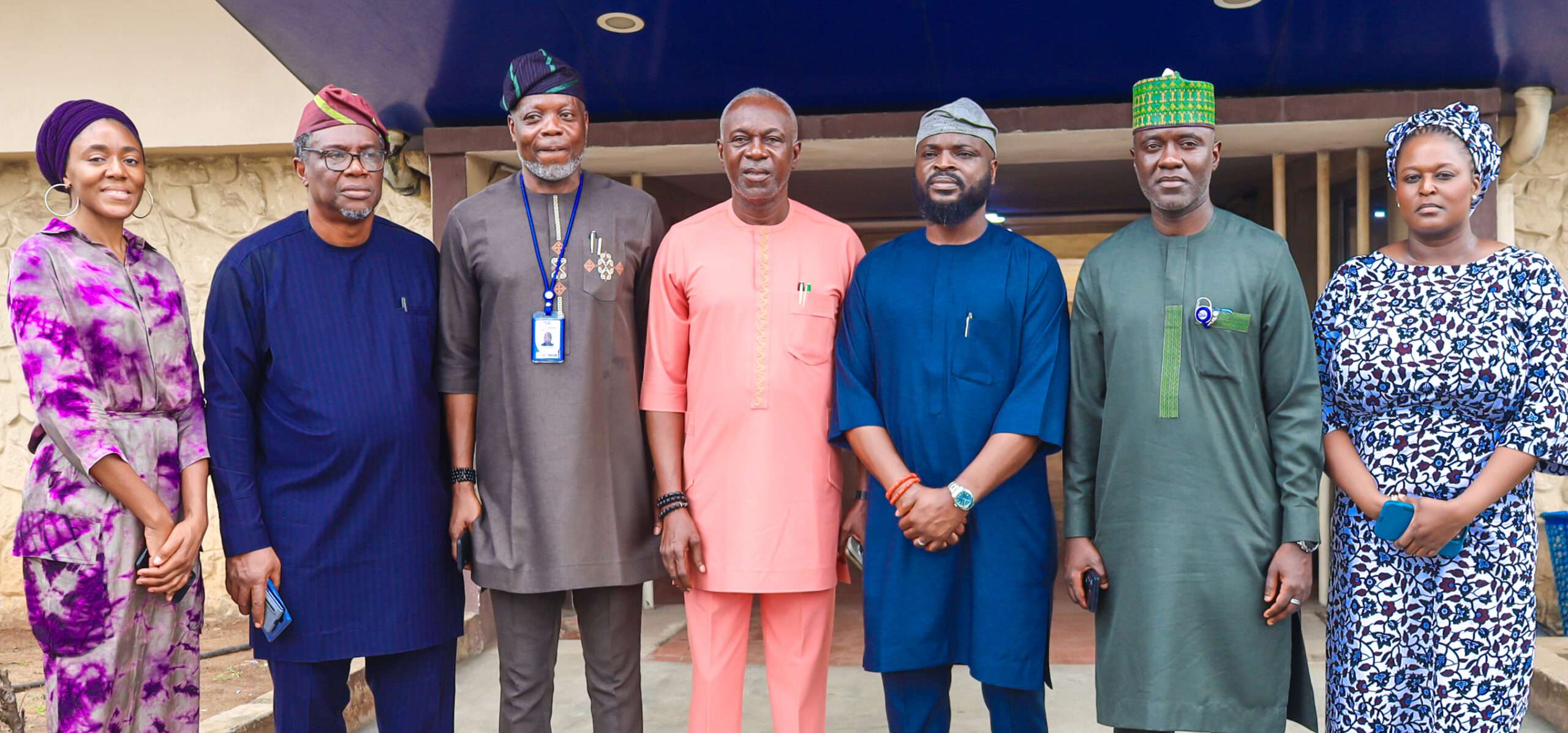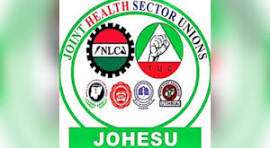By Emman Usman Shehu
During a much needed down-time in Abuja, two weeks after the death of Pope Francis on April 21, 2025, I finally sat down to watch Conclave (2024), the Oscar-winning film adapted from Robert Harris’s 2016 novel. Like millions worldwide, I was drawn to this cinematic window into the Vatican’s secretive papal election process—a process that, until recently, felt as distant as the frescoed ceilings of the Sistine Chapel. As a Nigerian writer, journalist, critic, educator and activist, my curiosity about global systems of power, faith, and narrative has always pulled me toward stories that dissect the machinations behind closed doors. Conclave delivered that and more, weaving a tale so taut it felt like a masterclass in storytelling—one that resonated deeply with my own creative instincts, honed years ago as an undergraduate grappling with Aristotle’s Three Unities of Place, Time, and Action.
The film’s allegiance to Aristotle’s framework—what I’ve long called my “Aristotle Plotting Triangle”—is effortless. Set almost entirely within the Vatican, unfolding over a few intense days, and centered on the singular action of electing a pope, Conclave is a narrative marvel. Its script tackles audacious themes: the possibility of a Black or female pope, the clash of progressive and conservative ideologies, and the frailties of human ambition beneath divine ritual. The twist at the end, underscored by the intersex symbolism of turtles (a subtle nod to duality and transformation), left me reeling. Ralph Fiennes’s anguished Cardinal Lawrence, Stanley Tucci’s conflicted Cardinal Bellini, and the minimalist yet haunting score by Volker Bertelmann elevated the film into a rare blend of intellectual rigor and emotional heft.
But what struck me most, as I left my niece’s abode in one of the new welter of estates after Lugbe on the Airport Road, was how eerily Conclave seemed to foreshadow the real-life election of Cardinal Robert Francis Prevost as Pope Leo XIV on May 8, 2025. The film’s fictional narrative—complete with an American lobbying effort and a dark-horse cardinal of unexpected identity—mirrored the real-world conclave in ways that flipped the old adage: instead of art imitating life, life seemed to be imitating art.
The Aristotle Plotting Triangle: A Narrative Triumph
As an undergraduate in a Northern Nigerian University, I stumbled upon Aristotle’s Poetics while trying to make sense of my fledgling short stories and plays. With no formal creative writing mentorship, I latched onto his Three Unities as a lifeline. Unity of Place: confine the story to one location to heighten intensity. Unity of Time: compress the action into a short span to maintain urgency. Unity of Action: focus on a single, driving conflict to ensure clarity. This framework, which I dubbed the Aristotle Plotting Triangle, became my North Star, guiding me through countless drafts and later informing my work as a critic and activist who values precision in storytelling—whether in fiction or in exposing systemic truths.
Conclave is a textbook example of this triangle. The Vatican, with its claustrophobic corridors and majestic Sistine Chapel, serves as the sole stage, amplifying the stakes of every whispered alliance and furtive glance. The timeline, spanning mere days, mirrors the real-life conclave’s brevity (Pope Leo XIV was elected in just over 24 hours). And the action—choosing the next leader of 1.4 billion Catholics—distills centuries of tradition, politics, and faith into a singular, high-stakes drama. Director Edward Berger and screenwriter Peter Straughan craft a narrative so tight that every scene feels like a chess move, each line of dialogue a gambit.
The film’s boldness lies in its willingness to confront sensitive issues head-on. It imagines a Black cardinal, Joshua Adeyemi, as a contender, forcing viewers to grapple with the Church’s Eurocentrism. It hints at the impossibility of a female pope while giving Isabella Rossellini’s Sister Agnes a pivotal, if fictional, moment of defiance. And it exposes the human flaws of its cardinals—ambition, doubt, prejudice—without reducing them to caricatures. The final twist, revealing the new pope’s intersex identity, is both a narrative shock and a profound meditation on inclusivity, symbolized by the turtles that appear earlier, their dual nature foreshadowing the film’s climax.
As a Nigerian, I found the portrayal of Adeyemi, played by Lucian Msamati, both compelling and troubling. His character is a conservative firebrand, which risks reinforcing stereotypes of African clergy as dogmatic. Yet the film’s broader point—that the Church must confront its global diversity—resonates deeply in a country like Nigeria, where Catholicism thrives alongside Pentecostalism and Islam, and where questions of representation in global institutions are ever-urgent.
The American Lobby: Fiction Meets Reality
One of Conclave’s most striking plotlines involves an American lobbying effort to install a pope from the United States. Cardinal Bellini, the progressive American played by Tucci, navigates this pressure while grappling with his own skepticism about the Church’s future. The film portrays this lobbying as subtle but insidious, with whispers of influence peddling and strategic dinners.
Remarkably, reality echoed this fiction. According to the National Catholic Reporter, in the days leading up to the 2025 conclave, wealthy American business leaders, philanthropists, and conservative activists descended on Rome. They hosted lavish dinners for cardinals at venues like the St. Regis Hotel, where $100 bottles of wine flowed, and toasted prelates in settings that felt more like Capitol Hill fundraisers than prayerful retreats. Groups like the Papal Foundation, which pledged to raise $750 million for Vatican causes, and the Napa Institute, a conservative Catholic organization, were prominent players. New York Cardinal Timothy Dolan, a conservative-leaning figure, reportedly compared the Foundation’s patronage to the early Church’s support for St. Peter.
This real-world lobbying sparked unease among observers, myself included. As an activist who has critiqued neo-colonial influence in African politics, I see parallels in this American push to sway a global institution. The Vatican, for all its spiritual authority, is not immune to the power of wealth and geopolitics. That Conclave anticipated this dynamic underscores its prescience—and raises questions about how much external forces shape sacred decisions.
The Dark Horse: Pope Leo XIV’s Creole Roots
The election of Cardinal Robert Prevost as Pope Leo XIV was a historic moment: the first American pope, chosen on the second day of the conclave by 133 cardinals sequestered in the Sistine Chapel. But it was the revelation of his Creole ancestry that sent shockwaves through the Catholic world—and drew uncanny parallels to Conclave’s fictional Cardinal Vincent Benitez.
Prevost, born on Chicago’s South Side, was a relatively recent cardinal, appointed by Pope Francis in 2023. Like Benitez, who emerges as an unexpected candidate in the film, Prevost was not among the frontrunners like Cardinal Pietro Parolin or Cardinal Luis Antonio Tagle. His election, announced with white smoke on May 8, 2025, was swift, lasting just over 24 hours—a timeline that mirrors the film’s three-day conclave.
The most striking parallel, however, lies in Prevost’s heritage. His brother revealed that their grandparents, classified as Black upon immigrating to the U.S., were of Creole descent, tying Prevost to a complex racial and cultural identity. In Conclave, Benitez’s intersex condition symbolizes a bridge between binaries—male and female, tradition and progress. Prevost’s Creole roots, while not identical, carry a similar weight: a pope of color, hailing from a nation long deemed too powerful to claim the papacy, challenges the Church’s historical whiteness and Eurocentrism.
As a Nigerian, this twist hits home. Africa, with its 236 million Catholics, has long awaited a pope from the continent. While Prevost is not African, his non-white identity feels like a step toward a more inclusive Church—one that acknowledges the Global South’s growing influence. Yet it also raises questions: does his American citizenship overshadow his Creole heritage? Will his papacy reflect the progressive legacy of Francis or lean toward the conservatism favored by some U.S. donors?
Life Imitating Art: A New Catholic Narrative?
The parallels between Conclave and the 2025 conclave are uncanny, but they’re not mere coincidence. The film, meticulously researched with Vatican access, tapped into real tensions within the Church: the push for diversity, the clash of ideologies, and the specter of external influence. Its release in October 2024, just months before Francis’s death, made it a cultural touchstone, reportedly watched by cardinals themselves as a “primer” for the conclave.
This blurring of fiction and reality speaks to the power of storytelling. As a writer, I’ve always believed that narratives shape the world as much as they reflect it. Conclave didn’t just predict the future; it offered a framework for imagining a Church in transition. Its intersex twist, while fictional, planted a seed: what does leadership look like in a world that embraces complexity? Pope Leo XIV, with his Creole roots and American identity, embodies that complexity, however imperfectly.
Yet the film also exposes the Church’s contradictions. The American lobbying it depicted, now confirmed by reports, underscores how power operates even in sacred spaces. The absence of an African pope, despite the continent’s Catholic boom, reminds us that progress is uneven. And the film’s critique of ambition and corruption among cardinals—mirrored in real-life scandals like the Cardinal Becciu affair—challenges the Church to live up to its spiritual ideals.
A Global Perspective from Abuja
From my vantage point in Abuja, Nigeria, the Conclave saga is both inspiring and sobering. As an activist, I see the Catholic Church as a global institution with the potential to amplify marginalized voices—on climate change, migration, and inequality. Pope Leo XIV’s environmental advocacy, voiced in a November 2024 seminar, aligns with Nigeria’s urgent need for climate action. But as a critic, I remain wary of the Church’s entanglement with wealth and power, whether from American donors or elsewhere.
As a writer, I’m captivated by how Conclave wove Aristotle’s unities into a narrative that feels timeless yet urgent. Its success—$119.6 million at the box office, eight Oscar nominations, and a 283% streaming surge post-Francis’s death—proves that stories about faith and power resonate universally. For me, it’s a reminder of why I write: to probe the systems that shape our world, to imagine new possibilities, and to hold a mirror to life’s uncanny imitations of art.
In the end, Conclave and Pope Leo XIV’s election are twin narratives—one scripted, one unfolding in real time. Together, they challenge us to ask: what does it mean to lead in a fractured world? As the Church navigates its future, and as I continue with my various creative passions, I’ll be watching, writing, and dreaming of a world where the sacred and the human find harmony.
*Dr Shehu is the Director, International Institute of Journalism, Abuja.




